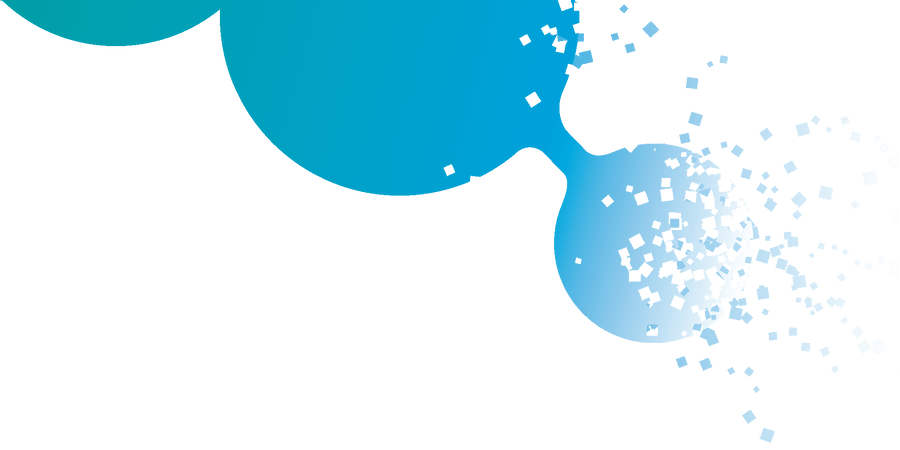Several initiatives were undertaken by the Scientific and organizational Committees of [BC]2 to ensure an inclusive and diverse event with equal opportunities for all participants, with a particular focus on gender, country/region of origin and career stage. A detailed Code of Conduct emphasised these EDI goals and offered ways to flag inappropriate behaviours. Here are some of the actions and key figures for the 2023 edition.
1. Gender parity across committees and invited speakers
An equal representation of men and women was achieved across:
- Session chairs: women represented half of all 12 session chairs
- Scientific committee core team: women represented half of all 4 members
- Invited & keynote speakers: women represented half of all 8 invited and keynote speakers
2. Gender distribution among participants
- Participants:
- Men 59%, 38% women, 2% N/A, 1% non-binary
- Abstract submitters(oral presentations and posters):
- 60% of all abstracts were submitted by men, 36% by women
- Oral presentation submissions: These formed the bulk (76%) of all abstracts submitted. Notably, women’s talk submissions reached 36% in 2023, rising from 28% in 2021 and 31% in 2019.
- A free “Best presentation” course was proposed again this year to increase overall presentation quality and encourage people to submit for oral presentation. 21% of the presenters took part in the course, 73% of which men and 27% women.
- Oral presentation selections: A fair selection process was in place to reduce bias related to gender (and institution) upon abstract review. Despite this, in the end 31% of selected talks were by women, as compared to an initial submission rate of 36%.
3. Geographic diversity among participants
- Participants:
- 71% came from Switzerland in 2023 (vs 74% in 2021 and 79% in 2019)
- 14% from neighbouring countries (Italy, France, Germany, Austria)
- Submitters(all categories):
- 65 % from Switzerland in 2023 (vs 67% from Switzerland in 2021, vs 72% in 2019)
- 14 % from neighbouring countries (Italy, France, Germany, Austria)
- Selected talks:
- 76% from Switzerland (vs 62% in 2021 and 76% in 2019)
- 10% from Germany
4. Other inclusion initiatives
- Streaming: designed to facilitate access to the conference for participants from distant countries, unwilling or unable to travel to Switzerland, the streaming option of attendance was only used by 8% (41 participants) this year. It was as high as 22% in 2021 during the SARS-CoV-2 pandemic, with 20% of users hailing from Asia.
- Special session for PhD students: The exclusive Q&A session organized with keynote speaker Elisabeth Bik was a resounding success, with highly interactive discussions
Since 2019, multiple metrics have been introduced to monitor various diversity dimensions at . The SIB Diversity working group is working closely with the Scientific events team to bring new ideas and directions to be explored.
- The [BC]2 Conference has already made significant progress in achieving gender balance across committees and invited speakers, and efforts will continue to ensure diverse submissions and a fair selection of abstracts;
- Increasing the geographic diversity remains a focus, with efforts to ensure broad representation from various regions. Actions to foster a larger participation from wider European regions, especially Southern European countries (Italy, Spain, Portugal) will be put in place;
- The special Q&A session for PhD students with keynote Elisabeth Bik was a success. This format, which provide them with an exclusive space to engage with keynote speakers, has proven its value and should be repeated in future editions.

